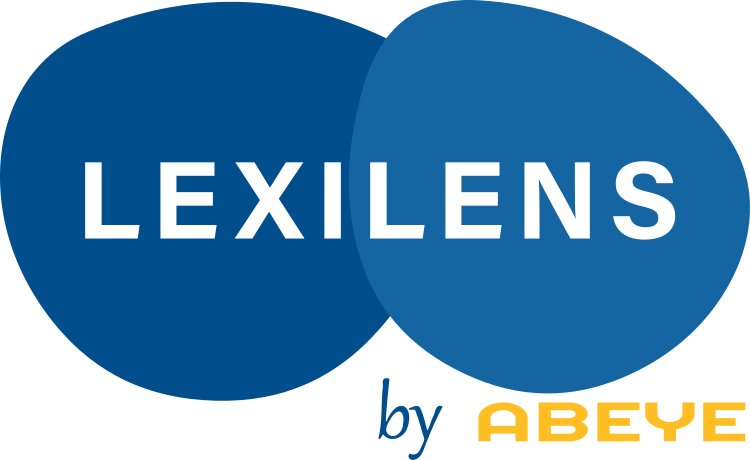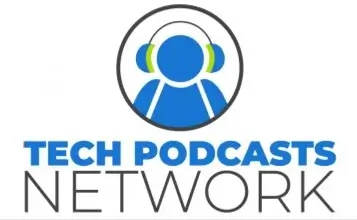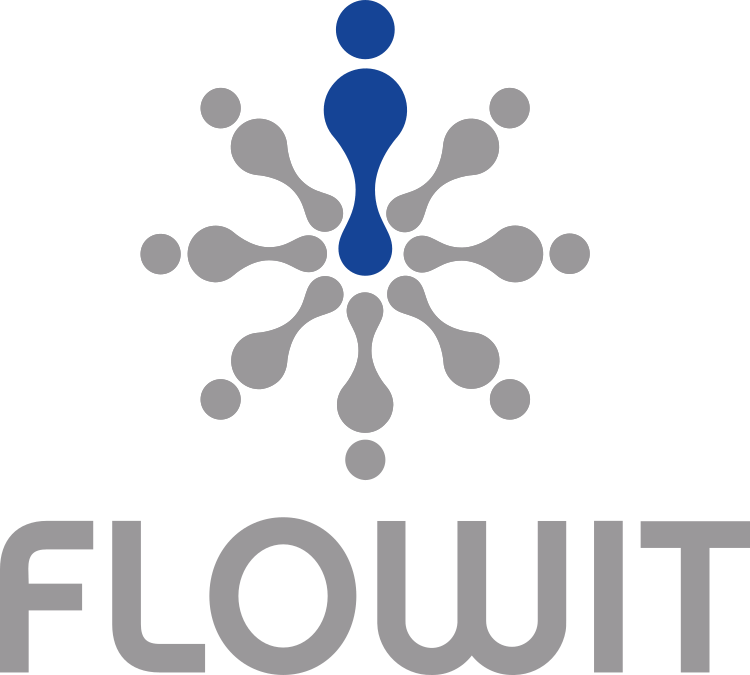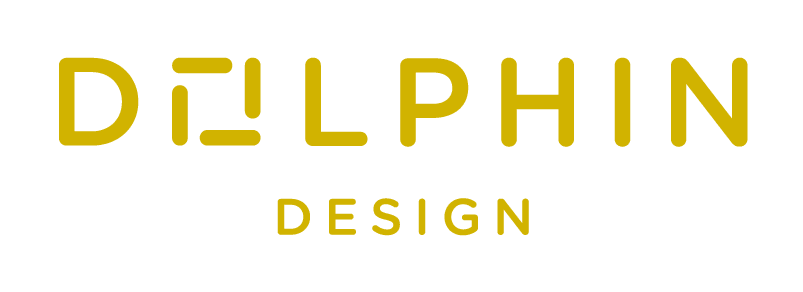 A groundbreaking product has been developed to enhance reading capabilities for people with dyslexia. This product, called Lexilens, is a pair of electronic glasses powered by a battery and features active lenses that interact with the brain’s visual processing, not just the eyesight. By adjusting and fine-tuning how the brain deciphers signals from the eyes, these glasses facilitate a more lucid and smooth reading experience for those with dyslexia.
A groundbreaking product has been developed to enhance reading capabilities for people with dyslexia. This product, called Lexilens, is a pair of electronic glasses powered by a battery and features active lenses that interact with the brain’s visual processing, not just the eyesight. By adjusting and fine-tuning how the brain deciphers signals from the eyes, these glasses facilitate a more lucid and smooth reading experience for those with dyslexia.
ABEYE, the company behind these innovative glasses, aims to address the challenges faced by dyslexic individuals in reading and learning. Dyslexia is a common learning disability that affects the ability to read, write, and spell. It can lead to frustration, low self-esteem, and difficulties in academic and professional settings.
Glasses that improve dyslexia reading
The idea behind Lexilens is based on a scientific discovery made in 2017 by an academic at a university. The discovery highlighted certain vision mechanisms that cause crowding and make reading difficult for dyslexic people. Over three years of research and development, the glasses were designed to leverage this discovery and reverse engineer the vision process to improve reading fluency.
The technology behind the glasses involves active lenses that hash the light with specific parameters and settings. These settings are calibrated to the individual wearer using a smartphone during the initial setup. The glasses then actively filter the light to eliminate the crowding effect and provide a clear and detached view of letters, making reading easier and more understandable for dyslexic individuals. Lexilens is such a major advancement that the glasses received an Innovation Award at CES, indicating recognition and validation of their effectiveness. The glasses are lightweight, weighing only 35 grams, and are available in three sizes: small for kids, medium, and large.
The importance of improved understanding
What sets these glasses apart is their ability to not only improve reading ease but also enhance comprehension. Michael Kodochian, CEO of ABEYE who developed Lexilens, emphasizes that dyslexic individuals often struggle to understand what they read due to the noisy input caused by the crowded vision. By eliminating the crowding, the glasses provide a clearer input to the brain, reducing cognitive load and allowing for better multitasking and comprehension.
While it is important for all ages, addressing dyslexia in children is especially important, as they often face additional challenges and stigmatization. By providing a solution that is easy to use and does not require a smartphone, Lexilens aims to empower dyslexic children and help them succeed in school.
Kodochian also mentions that the technology has been integrated into a computer screen or monitor, eliminating the need for wearing glasses. This development further expands the accessibility and usability of the technology for dyslexic individuals.
An easy to use solution for dyslexia
Adjusting Lexilens to the individual wearer is a straightforward process that involves connecting them to a smartphone via Bluetooth and using a dedicated app to tune the settings. The wearer can answer a series of questions and choose values that correspond to their specific needs, allowing for a personalized and optimized reading experience.
Similar to an eye exam, users can select their optimal settings by comparing different options. Once the settings are chosen, they are stored in the glasses, eliminating the need for a smartphone. This user-friendly approach makes the glasses accessible to individuals of all ages, including children.
Conclusion: Lexilens makes reading and comprehension easier for those with dyslexia
In conclusion, ABEYE introduces a groundbreaking product – glasses that improve reading for individuals with dyslexia called Lexilens. These glasses leverage scientific discoveries to modify the brain’s interpretation of visual signals, eliminating crowding and improving reading fluency and comprehension. With recognition and awards, the glasses offer a promising solution for dyslexic individuals, providing them with a clearer and more enjoyable reading experience. Lexilens is available now from the company’s website.
Interview by Christopher Jordan of The Talking Sound.
Get $5 to protect your credit card information online with Privacy.
Amazon Prime gives you more than just free shipping. Get free music, TV shows, movies, videogames and more.
The most flexible tools for podcasting. Get a 30 day free trial of storage and statistics.
Podcast: Play in new window | Download
Subscribe: Apple Podcasts | RSS | More

 Clément Moreau, CEO of Invoxia, shares the latest on upgrades to their classic pet trackers at CES 2024. Their 3rd generation
Clément Moreau, CEO of Invoxia, shares the latest on upgrades to their classic pet trackers at CES 2024. Their 3rd generation  AI-powered dog tracking and feeding is a revolutionary technology that aims to help dog owners better understand and care for their pets. This technology, developed by
AI-powered dog tracking and feeding is a revolutionary technology that aims to help dog owners better understand and care for their pets. This technology, developed by 

 Ultra-low-power AI chips can revolutionize the way companies build IoT smart devices and power artificial intelligence capabilities. In this conversation, Vincent Huard, the CTO of
Ultra-low-power AI chips can revolutionize the way companies build IoT smart devices and power artificial intelligence capabilities. In this conversation, Vincent Huard, the CTO of 
 Nearly every industry uses machinery. The success of those machines is crucial to the functioning of the business in that industry. For example, everything that is mass-produced has a failure rate. Machines that are used for any period could fail. Being able to test machinery to ensure proper behavior is essential. EXANODIA is automating the process of testing machines to prevent future issues.
Nearly every industry uses machinery. The success of those machines is crucial to the functioning of the business in that industry. For example, everything that is mass-produced has a failure rate. Machines that are used for any period could fail. Being able to test machinery to ensure proper behavior is essential. EXANODIA is automating the process of testing machines to prevent future issues. If you’ve ever worked in retail as a salesperson or clerk, you know that there are tricks to get the barcode scanners to read certain products. If you’ve ever used a self-checkout lane at a store, you likely don’t know those tips and tricks, making the experience less than ideal. However, self-checkout is here and not going anywhere, so how do we make the process easier?
If you’ve ever worked in retail as a salesperson or clerk, you know that there are tricks to get the barcode scanners to read certain products. If you’ve ever used a self-checkout lane at a store, you likely don’t know those tips and tricks, making the experience less than ideal. However, self-checkout is here and not going anywhere, so how do we make the process easier?  In the last few years, artificial intelligence (AI) has become a major part of the tech industry. From rooting out inappropriate comments on social media to content creation, everything seems to be affected by AI – for better or worse. However, one of the spaces where AI is making a difference for a number of industries is text-to-speech capabilities. One company working to improve this technology is Acapela Group, which announced
In the last few years, artificial intelligence (AI) has become a major part of the tech industry. From rooting out inappropriate comments on social media to content creation, everything seems to be affected by AI – for better or worse. However, one of the spaces where AI is making a difference for a number of industries is text-to-speech capabilities. One company working to improve this technology is Acapela Group, which announced